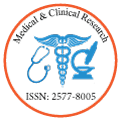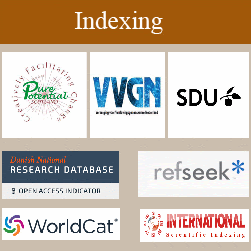Real-world data on camrelizumab in digestive system cancers: a retrospective observational study
Author(s):
Xiaolei Wang,Qihe Long, Yu Su, Fanfan Li*
Objective: To explore the clinical efficacy and safety of camrelizumab in the treatment of digestive system malignancies in the real world.
Methods: A retrospective study was designed. A total of 34 patients with advanced gastrointestinal cancer who received camrelizumab treatment in the xx hospital from July 2019 to May 2020 were included. The follow-up endpoint was set for October 30, 2020. The primary endpoint was objective response rate (ORR) and safety. Secondary endpoint measures included progression-free survival (PFS), and overall survival (OS). Cox regression was used for the analysis of factors associated with PFS.
Results: As the best response, only 5 patients achieved a partial response and 10 patients had disease progression, with an ORR of 14.31%. Compared with gastric cancer, the ORR of esophageal cancer (3.0% vs 0.0%) (P<0.05). The PFS was 4.5 months (2-10 months). OS ranged from 4 to 11 months, and median OS has not been reached. Multivariate Cox regression analysis showed that gastric cancer (HR=1.695, 95% CI:11.216–2.435, P<0.05) was associated with still shorter PFS, and camrelizumab combined with other drugs (HR=0.512, 95% CI: 0.095–0.737, P<0.01) was associated with PFS in patients. The most common AEs were anemia (41.2%, 14/34) in all grades 1 to 2. Grade 3 AEs occurred in 3 patients (2.9%), including 1 case of immune pneumonitis, 1 case of hemangioma, and 1 case of transaminase increased. Other adverse events included diarrhea, nausea, neutropenia, thrombocytopenia, reactive cutaneous capillary proliferation (RCCEP), fatigue, and hypothyroidism, all of which did not exceed 12%.
Conclusion: Camrelizumab is effective and safe in the treatment of patients with digestive system malignancies, but the overall response rate is limited.



